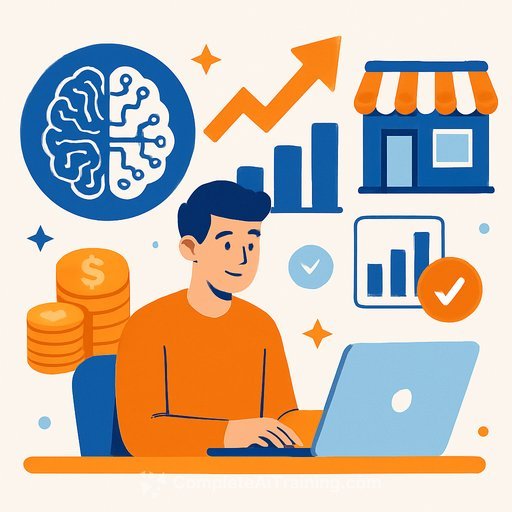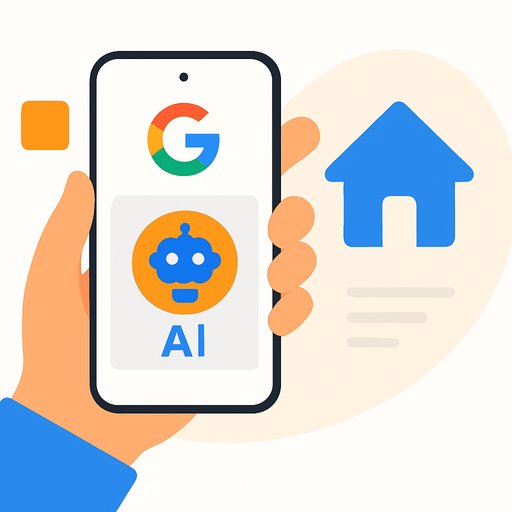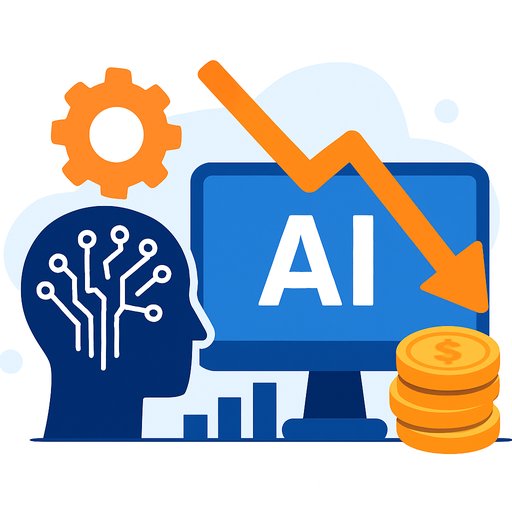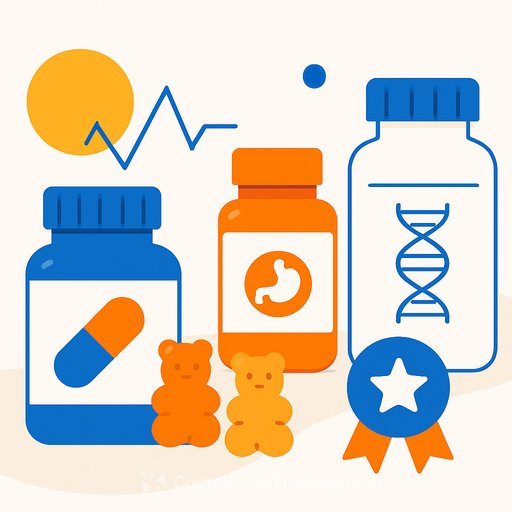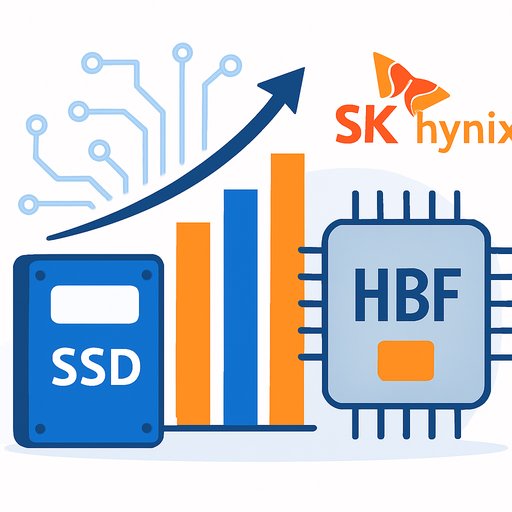Shop Circle extends Series B to $100M - doubling down on AI-first acquisitions
Shop Circle has extended its Series B to a total of $100 million, combining $60 million in equity with strategic financing. The company is scaling an AI-first acquisition model aimed at operationally critical B2B software, with a focus on post-acquisition execution across product, AI, and go-to-market.
The goal: build a European software platform that powers modern enterprise infrastructure. As co-founder and CEO Luca Cartechini put it, the plan is to acquire strong B2B products, automate operations with AI to improve margins, and strengthen distribution through partnerships and GTM discipline.
Europe's advantage: efficiency over brute-force capital
Competing dollar-for-dollar with Silicon Valley on pay and scale is tough. But Europe has a long track record of efficient operators growing through acquisitions - think Visma, TeamSystem, and Bending Spoons.
Shop Circle is following a similar path, with execution as the differentiator. The company has completed 16 acquisitions in four years and built a largely technical team to run an operator-first model.
The market is huge - IPO odds aren't
Europe counts nearly 13,000 software companies with over $10M in annual revenue and roughly 4,000 above $50M. Only 1-2% are realistic IPO candidates. Many profitable, durable businesses are better off staying independent or joining a platform.
Cartechini notes that the IPO bar has shifted from ~$100M ARR to closer to $500M. That leaves many venture-backed companies in a tough spot. A platform model offers an alternative path to scale, margin, and meaningful outcomes without chasing unreachable targets.
What Shop Circle buys - and how it evaluates fit
Targets typically have $2M-$10M ARR, 7-10 years of operating history, proven product-market fit, and strong cohorts. The company prioritizes net dollar retention, churn, EBITDA, and cash flow.
Because AI tool stickiness is still unproven in many categories, churn is a critical signal. Recent example: the acquisition of KrakenD, a high-performance API gateway used to simplify and accelerate data delivery.
The AI-first playbook: four pillars
- Own forever, preserve the product. Shop Circle isn't a private equity fund. It keeps the brand, product, and team, offering autonomy while providing scale.
- Centralize the backend. Finance, legal, HR, and support move to shared services. Product teams focus on product and customers. This discipline, plus automation, has pushed portfolio EBITDA to 25%+.
- Add elite talent. A rigorous hiring engine (reviewing ~45,000 applications annually) places top engineers, operators, and AI specialists where needed. About 70% of the company is technical.
- Amplify distribution. Access to 130,000+ paying customers and functional experts in GTM, product, partnerships, and pricing. Founders often stay on as GMs with autonomy and, in some cases, their own M&A budget.
How AI lifts margins post-acquisition
Dedicated AI teams build or adopt tools to automate repeatable tasks in HR, marketing, finance, and support. This frees bandwidth for product work and accelerates margin expansion across the portfolio.
The operating model is simple: standardize the back office, instrument the product, reduce avoidable churn, and reinvest in features and GTM that compound. AI makes the loop faster and cheaper.
For product and engineering leaders: practical takeaways
- Instrument churn and stickiness now. Track cohort retention, DAU/WAU-to-MAU, time-to-value, and replacement rates for AI features. If usage drops, find the friction and simplify workflow value.
- Automate operations before you scale headcount. Start with support, QA, marketing ops, billing reconciliation, and analytics pipelines. Aim for measurable margin lift per function.
- Design for clean handoffs. If an acquisition happens, centralized finance/HR/support can be a feature, not a risk. Keep process docs, playbooks, and observability tidy.
- Prioritize NDR over vanity growth. Expansion from existing customers compounds. Build pricing and packaging that reflect delivered value, not just feature count.
- Make GTM modular. Playbooks for trials, onboarding, activation, and upsell should be repeatable and testable across multiple products.
- Use AI to reduce time-to-ship. Apply AI to code review, test generation, data mapping, and user feedback synthesis. Measure cycle-time reduction and defect rates.
Funding and what's next
This is Shop Circle's fourth round in four years, each at a higher valuation. Nextalia Ventures led the extension with participation from European and US backers including Primo Capital, CDP Venture Capital, 645 Select Fund (through FNDX), FG2 Capital, and several entrepreneurial family offices.
The new capital supports an aggressive M&A roadmap and accelerates AI product development across the portfolio. Multiple acquisitions are already in advanced stages.
Action steps you can run this quarter
- Define a "churn zero" plan: top 3 causes, fixes, and owners. Review weekly.
- Ship one AI automation that removes a repetitive task from your team's workflow and track its margin impact.
- Audit pricing and discounting for value alignment. Test one packaging experiment per month.
- Stand up a centralized analytics layer across product, billing, and support to see full-funnel signals in one place.
- Create a 2-page integration memo so you're acquisition-ready: architecture map, data flows, compliance footprint, and key SLAs.
Level up your AI execution
If your team needs a fast upgrade on AI skills across product, engineering, and ops, explore curated training paths for product roles here: AI courses by job. For a deeper focus on automation, this certification is a practical starting point: AI Automation Certification.
Your membership also unlocks:

